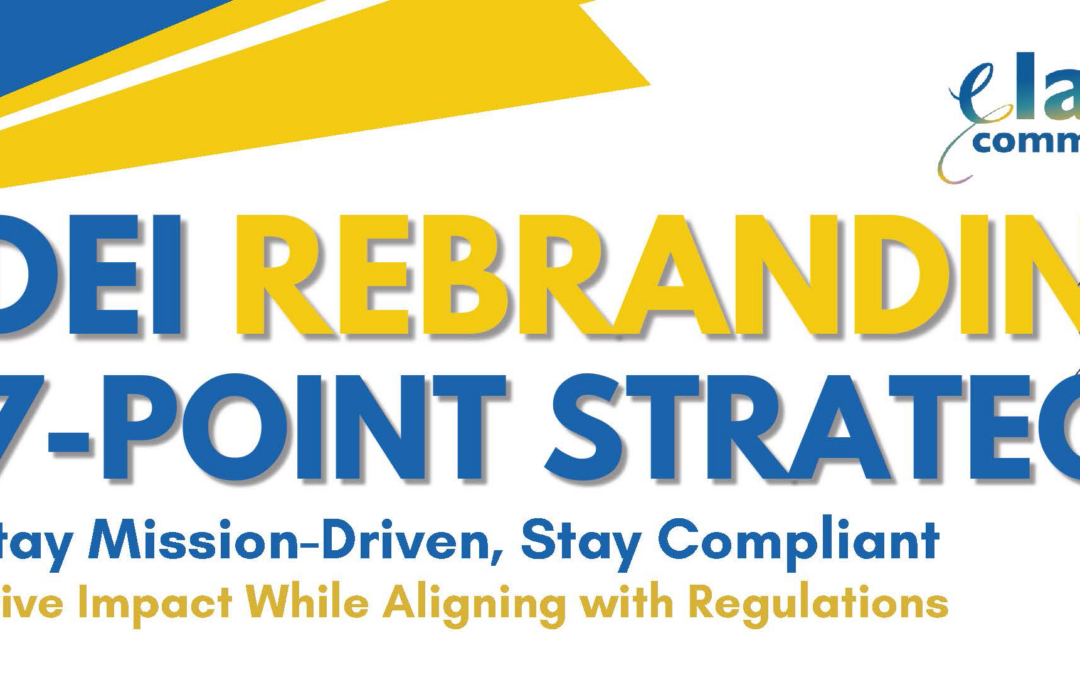Excel In Crisis Communication
Brand management is most important when a crisis strikes. Crisis communication is crucial to mitigating the impact of unexpected events on your company’s reputation, stakeholders, and operations. Maintain trust, reassure key audiences, and minimize damage with an effective crisis communication plan.
In a recent collaborative article powered by AI and the LinkedIn community, Elation Communications’s fractional chief operating officer, Cecilia Sepp, shared her expertise on how to manage crisis communications. Crises are inevitable and, without a crisis communication plan, things can spiral out of control. A crisis is any event or circumstance that negatively impacts your brand reputation. Implementing the right communications strategies can provide damage control.
In Cecilia’s excerpt, she addressed what do you do if you want to excel in crisis communication to advance in strategic communications? She wrote, “Any successful crisis response begins well before the crisis happens. Scenario planning, identifying key players, and decision trees should be in place well before an event becomes a threat. Writing messages to respond to a panicked constituency and the different publics such as the community, government agencies, and the media should be part of the plan so that you know what to say to who, and when to say it. Strategic communication hinges on planning and finding opportunities to act. Have the toolbox organized before you need it.”
The article also highlights critical steps for crisis communication, including mastering the basics, staying informed, being proactive, crafting messaging, engaging ethically, and reflecting and adapting. Familiarize yourself with crisis management plans and the role that communication plays within them. Be aware of potential issues that could escalate into a crisis, and understand the current socio-political environment that affects your organization. Develop a crisis communication plan in advance, identifying potential scenarios and appropriate responses. Your messages should be clear, concise, and tailored to your audience’s needs and concerns. Avoid the temptation to downplay the situation or provide misleading information. After a crisis has passed, conduct a thorough debriefing to evaluate what worked and what didn’t.
Sharing the appropriate information quickly as the crisis unfolds helps to maintain credibility and trust. The most effective crisis communication is provided in real time with up-to-date information widely distributed and accessible to the people most impacted. Acknowledge the crisis immediately. Be up front. Take responsibility. And tell the truth.
Don’t let a crisis paralyze you. Take control through effective crisis communication.









